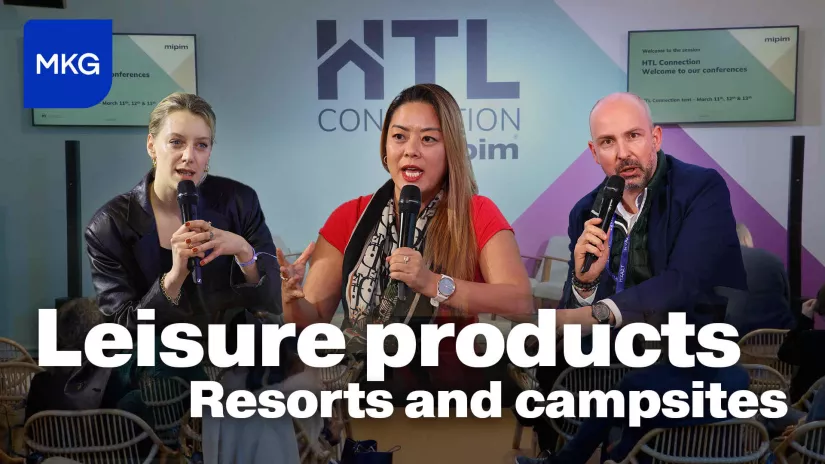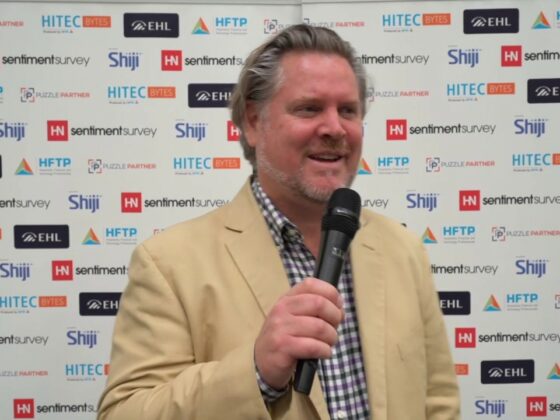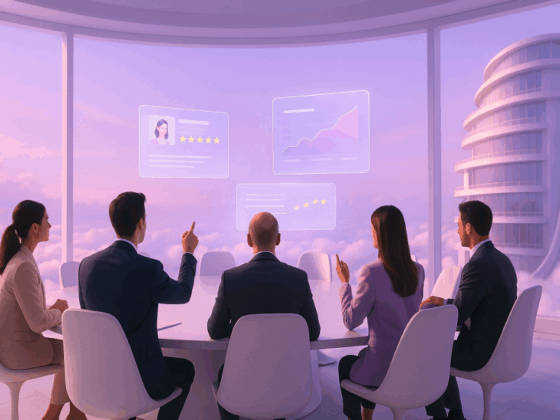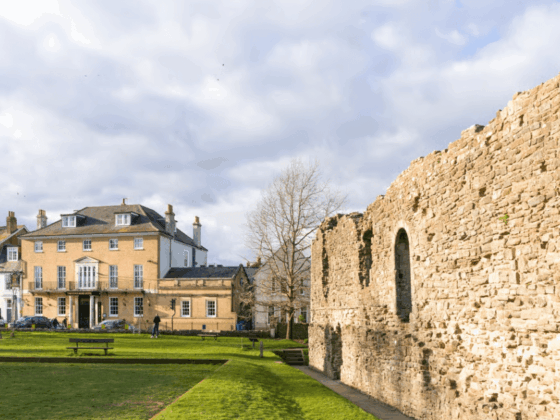
At MIPIM, three major players in resort development—Marine Jannot (VP Development, Europe & Africa at Club Med), Catherine Y. Chan (Chief Development Officer at Hotel 101), and Nuno Galvão Pinto (Regional VP Acquisitions & Development at Hyatt)—took the stage to share how their companies are adapting to a rapidly evolving leisure market, where guest expectations, investor profiles, and sustainability priorities are constantly shifting.
Leisure reimagined: experience first
“The leisure segment has always been a cornerstone of our industry” said Nuno Galvão Pinto. “But it’s now the fastest-growing sector post-COVID. Guests are no longer just looking for a vacation—they’re seeking immersion, well-being, and cultural connection.” Hyatt has adapted its strategy accordingly, acquiring Apple Leisure Group (ALG) in 2021 to bolster its presence in the all-inclusive space, and launching new lifestyle-oriented brands.
For Club Med, this evolution is nothing new. “Travelers are looking for emotion” said Marine Jannot. “They want to disconnect, reconnect with loved ones, with nature. The all-inclusive model is booming because it offers peace of mind. And it’s not just for budget-conscious travelers—luxury clientele are embracing it too.”
Hotel 101, despite being a new player, is firmly rooted in the leisure segment. “We’re the first hotel in the world to offer a standardized room globally—21 square meters, everywhere” explained Catherine Y. Chan. “But while the rooms are consistent, amenities are localized. We’re in city centers like Madrid, but also resort destinations like Boracay.” She added: “People think standardization limits creativity. In fact, it enables us to focus investment on facilities and experience.”
Locality, personalization, and human touch
Across the board, the speakers emphasized the importance of authenticity and locality. “We keep our hotels very individual.” said Nuno Galvão Pinto. “No two properties look alike—especially our collection brands, like Hotel du Louvre in Paris, which offers guests behind-the-scenes tours of the Louvre.”
“We call ourselves ‘glocal’” added Marine Jannot. “A global brand with local impact. We tailor guest experiences and design to the destination.” Club Med’s upcoming resort in South Africa will combine a luxury beach resort with a family-friendly safari. “For every new resort, we bring something new. Paddle tennis is booming, so we’re converting old tennis courts across our portfolio.”
Catherine Y. Chan echoed this strategy from a value-driven angle. “Our midscale model proved resilient during COVID. In 2021, our Manila property hit 96% occupancy during mandatory quarantine. People want value, especially in uncertain times. Standard doesn’t mean boring—it means reliable.”
Investment shifts: from niche to mainstream
“Leisure is attracting a more diverse investor base,” said Marine Jannot. “From institutional investors to family offices and even public financial institutions. We’re working with the government of Benin to anchor its leisure tourism development.”
Nino Galvão Pinto agreed: “We’re seeing traditional hotel investors now exploring all-inclusive. And vice versa. Everyone wants resilience—and the leisure market has proven itself.” He also highlighted the rise of local and regional investment, especially in growth markets.
Catherine Y. Chan positioned Hotel 101 as a flexible partner for developers: “We welcome real estate developers who want to build and exit. We’ll operate the property and offer co-investment models. We’re expanding fast—targeting France, Germany, Belgium and more.”
Building loyalty in the age of experience
All three leaders stressed that technology and human connection must go hand in hand. “Hospitality is an interaction between people” said Nino Galvão Pinto. “We invest in systems that free up time for our staff to connect with guests. Our loyalty program, World of Hyatt, plays a key role in retaining customers who spend more and stay longer.”
Catherine Y. Chan emphasized her company’s tech-forward approach: “We see ourselves as a hospitality company backed by technology. Our app enables guests to check in, unlock their room, and check out without human contact—yet we always maintain 24/7 staff for those who seek the human touch.”
For Marine Jannot, people are the brand: “At Club Med, our GEOS—international staff who rotate across our resorts—are at the core of the guest experience. They speak your language, connect with your children. That’s what creates loyalty and memory.”
Sustainability and long-term vision
Sustainability is no longer a value-add—it’s a non-negotiable. “We operate with a culture of care” said Nino Galvão Pinto. “Our goal is zero emissions by 2050. We reduce waste, support disadvantaged communities, and source locally whenever possible.”
Marine Jannot underlined that Club Med’s CSR strategy is central to its growth. “We build eco-certified resorts, operate sustainably, and ensure value creation for local communities.”
Each company operates at a different scale and model, but all three agree: the future of leisure lies in localization, flexibility, and connection. “We’re not growing for growth’s sake” concluded Nino Galvão Pinto. “We want long-term partners who share our values.” As Catherine Y. Chan noted, “It’s about building with people who believe in your product.” And as Marine Jannot summarized, “What Club Med offers is more than a resort—it’s a creator of destinations.”
In a world where leisure is no longer an afterthought but a strategic priority, these companies are setting the tone—and raising the bar.
Join us at the Hospitality Operator Forum on June 12 for even more expert insights on similar topics.









